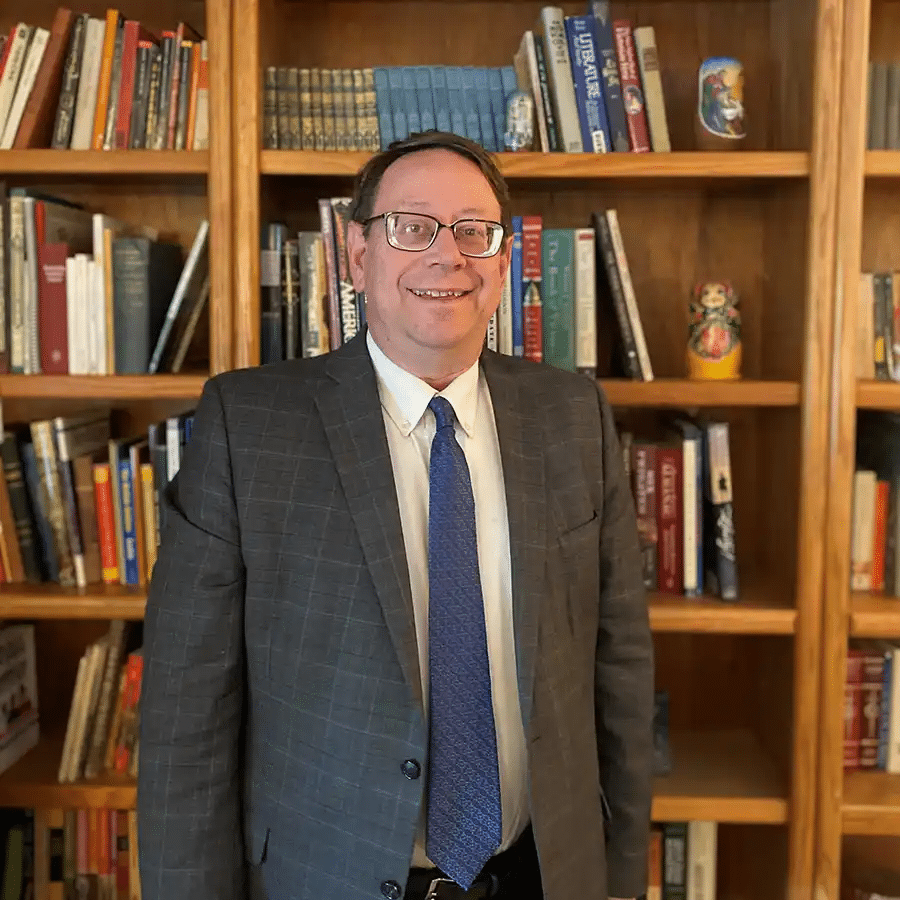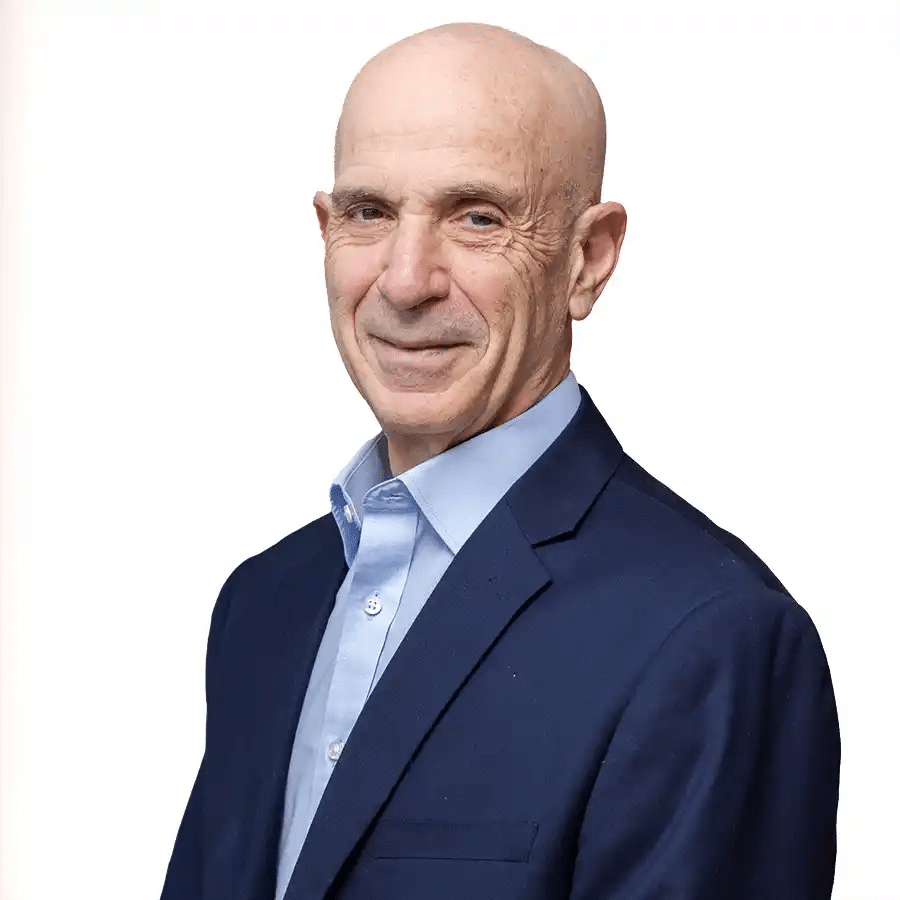Reporting on the 2024 Presidential Campaign with Context
By Amber Roessner, author of Jimmy Carter and the Birth of the Marathon Media Campaign (LSU Press, 2020); posted Oct. 1, 2024

Longtime Associated Press campaign reporter Bill Barrow noted in his 2022 Dartmouth Bernard D. Nossiter lecturethat at “a critical juncture for American journalism and self-government … a nuanced take is necessary to meet the moment.”
Barrow’s perspective aligned with those of reporters that University of Tennessee, Knoxville Professor Amber Roessner and fellow media historians Nicholas Hirshon and Kristin Gustafson interviewed for a 2020 Columbia Journalism Review piece.
For example, University of Tennessee alumnus R.J. Vogt acknowledged to the scholar-reporters that a historical mindset might give journalists pause before describing current events as unprecedented, even in this seemingly anomalous moment of presidential politics.
Vogt, who had gained a deep appreciation for media history during his undergraduate days, learned this lesson firsthand when covering President Trump’s efforts to nix federal funding for legal aid as a reporter for the legal newswire Law360. Vogt interviewed sources who made it clear that legal aid had been politicized for decades. “With historical context,” he said, “an individual story becomes part of a larger narrative.”
Vogt has carried that appreciation of historical context and nuance into his career as a law clerk with the U.S. Court of Appeals for the Second Circuit.
To connect past and present, offering the sort of radical context Barrow suggests is critical “to meet the moment,” University of Tennessee School of Journalism & Media history students are pairing with student reporters in the College of Communication and Information’s Media Center, which offers hands-on media experiences, and the Baker School of Public Policy and Public Affairs, a nonpartisan institute on the campus of the University of Tennessee devoted to education and research concerning public policy and civic engagement, to offer responsible and nuanced coverage of the 2024 election.
They recognize the value of radical context in reporting and echo the call of the American Journalism Historians Association, which recently encouraged universities and colleges across the country to reaffirm their commitment to teaching accurate media history in journalism curricula, noting that these courses strengthen critical thinking, stress the value of the press in democracies, and offer insights into how past moments connect to the present.
The organization and its affiliated academic journal, American Journalism, invite local, regional, and national reporters to consider contacting the organization’s media history experts, including:
- A.J. Bauer, an assistant professor at the University of Alabama with expertise in conservative news, right-wing media, mis/disinformation, propaganda, partisan journalism, media activism, and media criticism
- Brian Creech, a professor at LeHigh University with expertise in fake news/misinformation or journalism practices, journalism criticism, and/or ethics of political journalism
- Rachel Grant, an assistant professor at the University of Florida with expertise in social movements, social justice, and Black feminism
- Jon Marshall, an associate professor at Northwestern’s Medill School of Journalism with expertise in investigative journalism and the relationship between presidents and the press, especially after Watergate
- Thomas A. Mascaro, professor emeritus at Bowling Green State University with expertise in documentary journalism history, documentary television, and network news longform reporting and co-author with William E. Porter of Assault on the Media: The Nixon Years, Updated with Analysis of 21st Century Threats to Democracy (Ann Arbor: University of Michigan Press, 2024), among others.
These sources, along with the University of Tennessee’s Baker School Faculty Experts, will help round out your election reporting with proper context, which, as Nieman Lab contributor Jasmine McNealy explained, offers an understanding of “the political, economic, historical, and social environments of the places, people, and events that [you] report on.”
Baker School Election Experts

Andrew Busch is the Associate Director of the Institute of American Civics. His teaching and research focuses on American political institutions, elections, and public policy.

Professor Lyons retired from the University of Tennessee in December 2011 and has recently returned to the university. He is currently serving as the Interim Associate Director for the Institute of American Civics. His expertise is in elections, federal, state and local governments, and polling.
